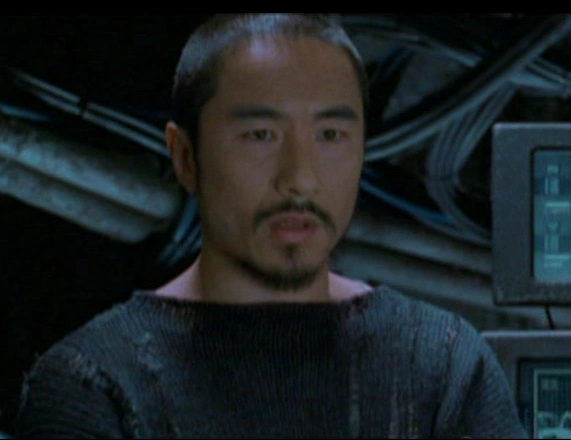

Importantly, while comparisons with Deus Ex are initially unflattering, the confluence of its richly detailed environments, weighty themes, free-form gameplay and detective narrative make it a similarly compelling experience.

While Deus Ex was more consciously a pastiche, starting with the premise that every conspiracy theory is true and spiralling off into hysteria about aliens, Human Revolution focuses on more immediate and credible issues surrounding transhumanism - its effect on morality, the vast social inequalities it will create and how the powerful will seek to subvert its potential to their own ends."Įurogamer's Tom Bramwell is also impressed, awarding Human Revolution a warm 9 out of 10. "The story is, dare we say it, probably a better yarn than that delivered by the first game," Edge's usual anonymous drone writes. Fortunately for the player, the same bomb leaves him in dire need of some serious augmentation, and on the trail of a vast conspiracy. Unfortunately for Jensen, a terrorist bomb leaves him horribly wounded. The player takes control of Adam Jensen, a security guard for Sarif Industries, one of the world's key biotechnology companies. The world is on the brink of a transhuman explosion, where people will be able to recreate themselves with biomechanical augmentations. The scene is Detroit of 2027, around 25 years before the events of Deus Ex. Whereas 2000's 'thinking man's shooter' dropped the player off at a terrorist-occupied Statue of Liberty with barely more than a pat on the back, Eidos' prequel over-eggs the orientation, locking the player into a series of technobabble-filled cut-scenes and on-rails sequences that hurriedly set the scene." "Human Revolution begins clumsily and in at least that sense it's a true successor to the first game. So it is with Edge magazine's largely glowing appraisal, which opens with a pleasingly counter-intuitive parallel to Eidos' classic original. One thing was always certain, though: every single review was bound to start by comparing it directly to Deus Ex.

Time has soured the general perception of Invisible War, and while nobody wrote off Human Revolution, exactly, most have been guarded in their excitement. However, to that same certain type of gamer, its sequel, Deus Ex: Invisible War, was a troubling example of the value of leaving some things well alone. To a certain type of gamer, the release of Deus Ex was an epoch-making event a startling treatise on the power of player choice, and a largely ignored suggestion that cut-scenes probably aren't the best way to tell an interactive story. The doubt hanging over Deus Ex: Human Revolution wasn't so much that it wouldn't be good, but that it would fail to live up to the reputation of its lauded ancestor.


 0 kommentar(er)
0 kommentar(er)
